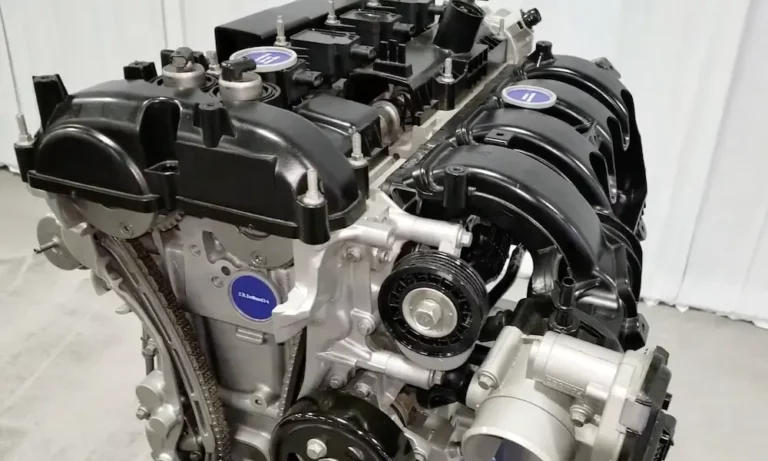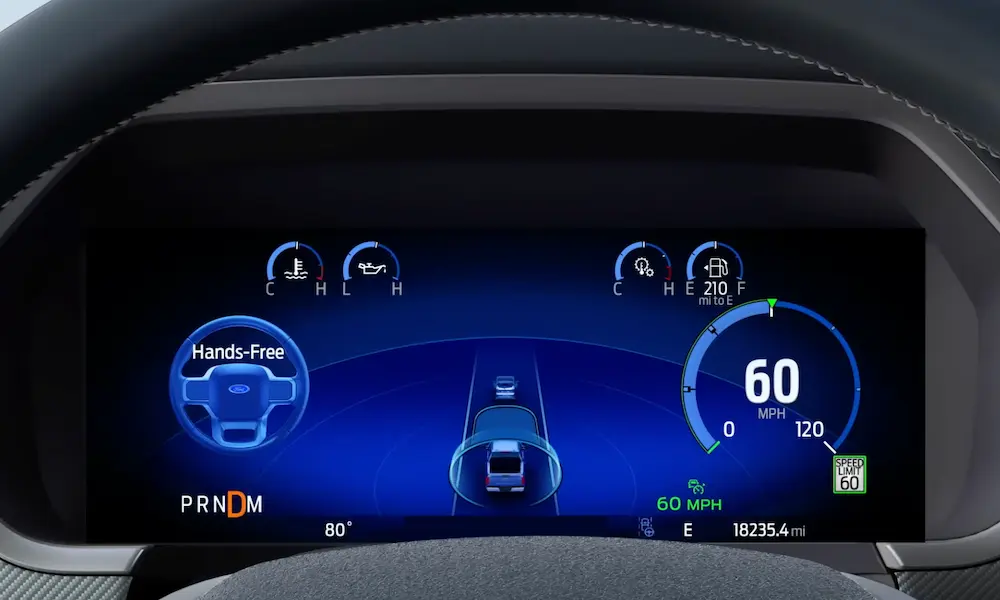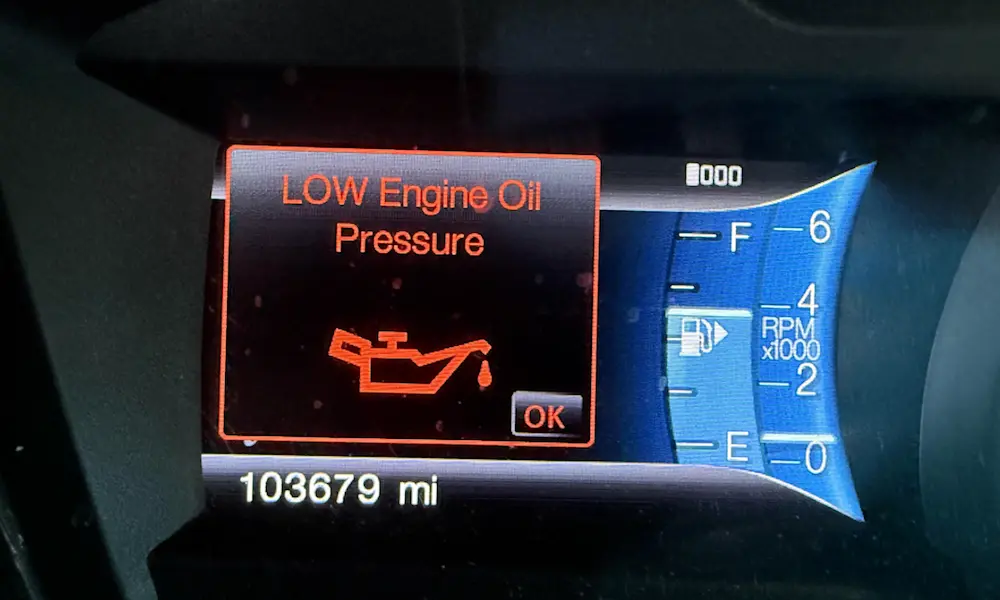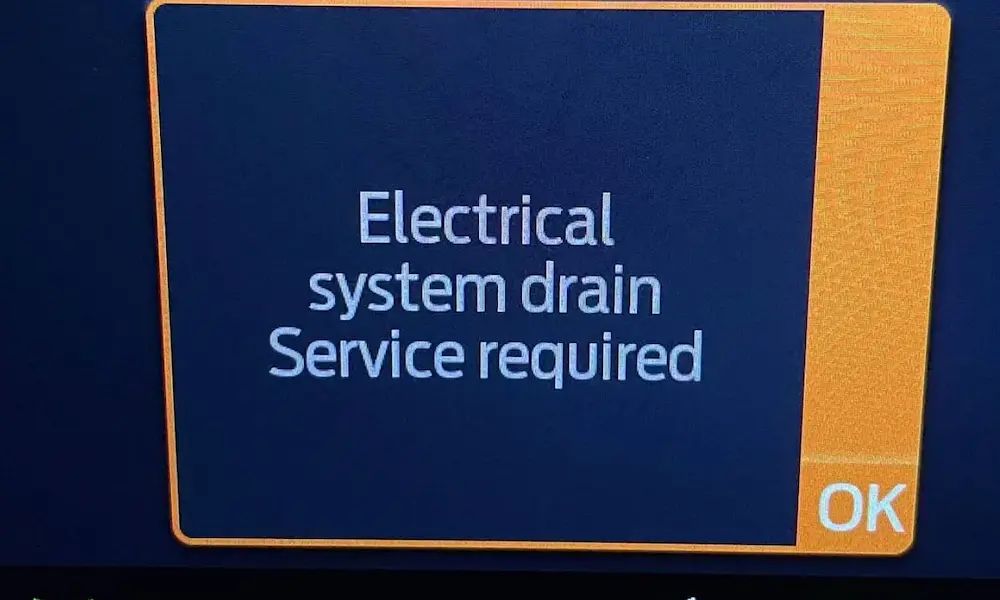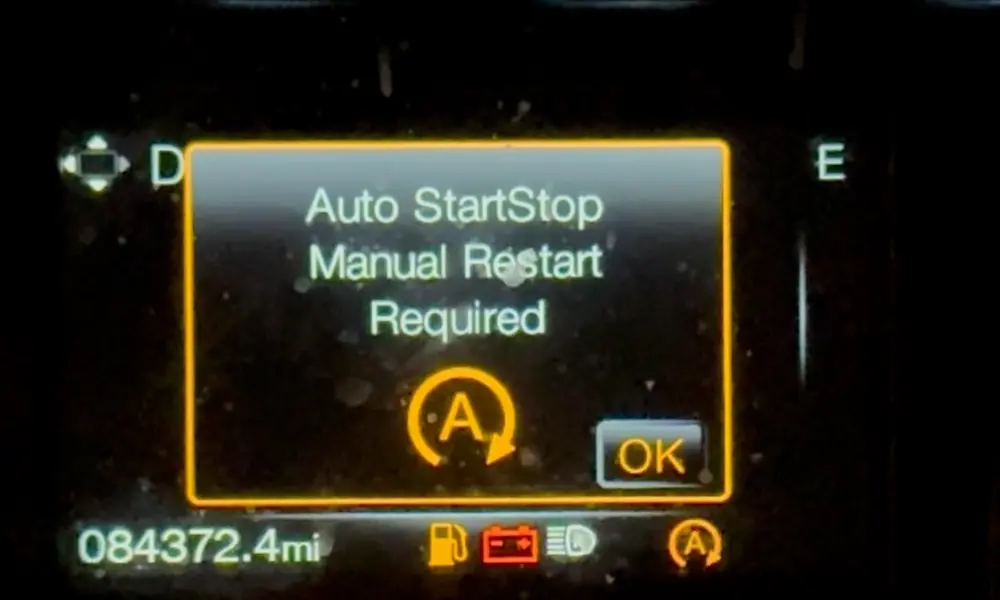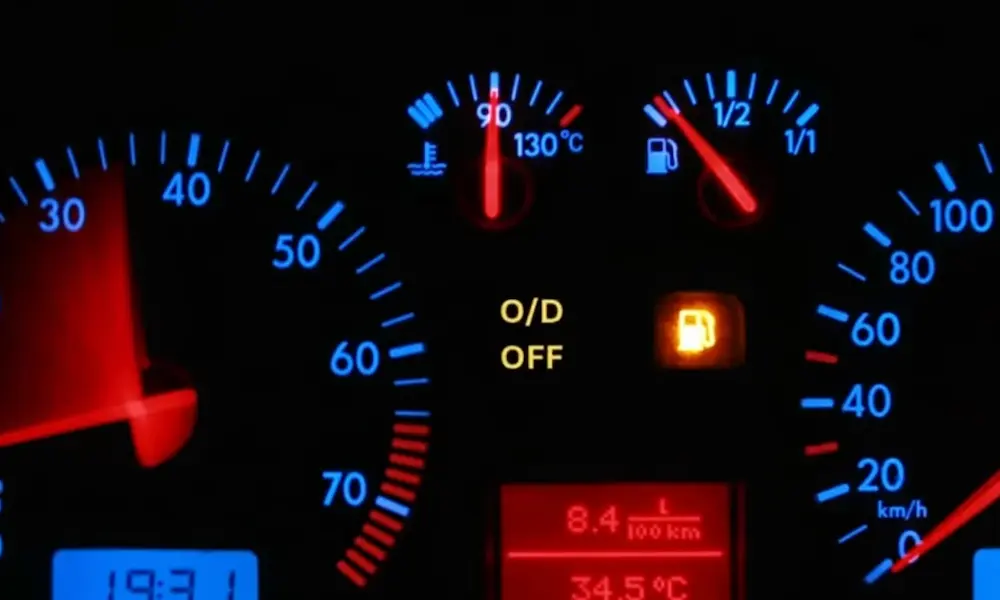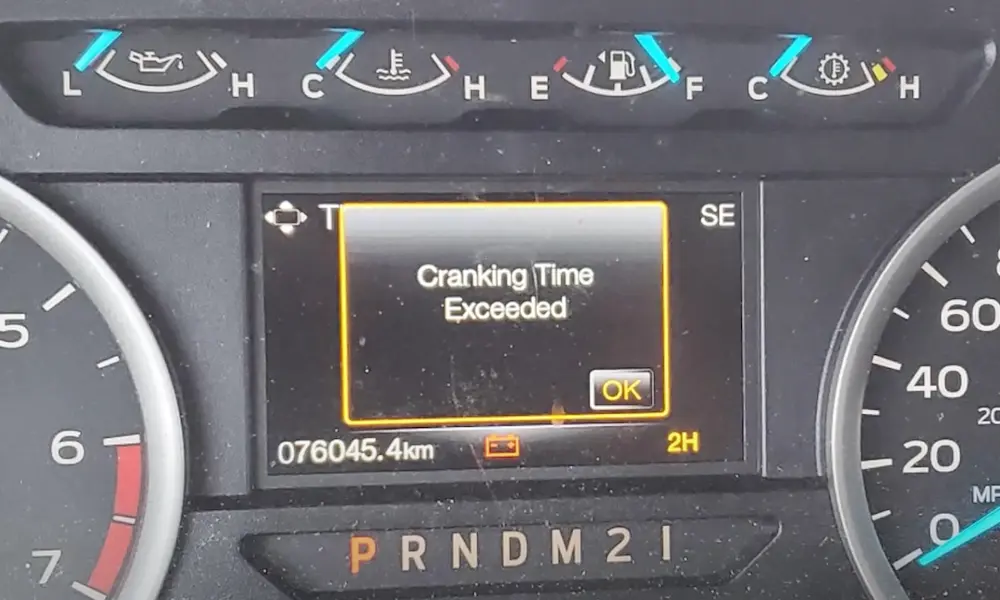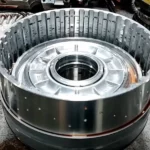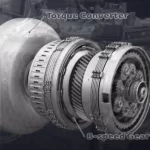Are you experiencing issues with your Ford’s EcoBoost engine or considering buying a vehicle with one? These turbocharged engines offer impressive power and fuel efficiency, but they’ve also developed a reputation for some persistent problems. This guide breaks down everything you need to know about the most common EcoBoost engine issues, repair costs, and what you can do to protect yourself.
What Makes EcoBoost Engines Different?
Ford’s EcoBoost technology combines turbocharging and direct fuel injection to create smaller engines that deliver the power of larger ones while using less fuel. While innovative, this complex design has led to several recurring issues across different engine sizes:
- 1.0L (Fiesta, Focus, EcoSport)
- 1.5L/1.6L (Escape, Fusion)
- 2.0L (Focus, Edge, Escape)
- 2.7L/3.0L (F-150, Bronco, Explorer)
- 3.5L (F-150, Expedition, Navigator)
Let’s dive into the most significant problems affecting these engines.
Coolant Intrusion Issues: The “Silent Killer”
Coolant intrusion is one of the most severe problems in EcoBoost engines, particularly the 1.5L, 1.6L, and 2.0L variants. This issue can cause catastrophic engine damage if not addressed quickly.
Why It Happens
The problem stems from a fundamental design flaw. Ford built coolant passages directly into the top of the engine block, creating insufficient area for the head gasket to properly seal. Over time, the gaskets corrode and allow coolant to leak into the cylinders.
Ford appears to have recognized this issue, as they changed the design in 2019, though they issued only a Technical Service Bulletin (TSB 19-2346) rather than a full recall for earlier models.
Warning Signs to Watch For
You might be experiencing coolant intrusion if you notice:
- Mysteriously disappearing coolant with no visible external leaks
- White smoke coming from your exhaust (indicates burning coolant)
- Engine misfiring or running roughly
- Check engine light with codes P0300, P0301-P0304, or P0316
- Engine overheating
One 2018 Ford Escape owner with just 70,000 miles experienced this issue, with the dealership diagnosing coolant leaking into the engine and recommending a complete engine replacement.
The Cost of Repairs
If your vehicle is out of warranty, prepare for a significant expense:
- Head gasket replacement: $2,500-$4,000
- Engine block repair: $5,000-$7,000
- Complete engine replacement: $7,000-$10,000
The “Wet Belt” System: An Expensive Maintenance Nightmare
The “wet belt” system used in many EcoBoost engines, especially the 1.0L variant, has become notorious for reliability issues and expensive maintenance.
What Is a Wet Belt?
In the 1.0L EcoBoost, Ford uses an innovative but problematic design where the timing belt runs in oil for enhanced lubrication and efficiency. While theoretically smart, in practice this has led to significant issues:
- The belt degrades over time, shedding particles into the oil
- These particles clog oil passages, leading to oil starvation
- Some engines fail catastrophically within 30,000 miles
The Maintenance Dilemma
The most troubling aspect of this system is the extraordinarily high cost of replacement—ranging from $1,200 to $2,000—due to the extensive disassembly required. It’s essentially an “engine out” type of repair.
Even more concerning is the disagreement about proper maintenance intervals:
- Ford recommends changing this belt every 10 years or 150,000 miles
- Many mechanics suggest 60,000 miles to prevent failure
- Some owners recommend more frequent replacement regardless of mileage
In 2024, Ford issued a major recall in North America related to the wet belt system in Ford Focus and EcoSport vehicles with the 1.0-liter EcoBoost and automatic gearbox. Unfortunately, a January 2025 letter to owners indicated replacement parts wouldn’t be available until Q1 2025.
Valve Fractures: A Ticking Time Bomb
A serious problem affecting 2.7L and 3.0L EcoBoost engines in 2021-2022 models involves fracturing intake valves that can cause catastrophic engine failure.
The Scale of the Problem
In August 2024, Ford recalled 90,736 vehicles with these engines due to faulty intake valves that could fracture and fall into the combustion chamber. The affected vehicles include:
- 2021-2022 Ford F-150 (47,719 vehicles)
- 2021-2022 Ford Bronco (15,835 vehicles)
- 2021-2022 Ford Explorer (14,262 vehicles)
- 2021-2022 Ford Edge (2,366 vehicles)
- 2021-2022 Lincoln Aviator (7,199 vehicles)
- 2021-2022 Lincoln Nautilus (3,355 vehicles)
What Went Wrong?
Ford’s investigation revealed that the valve supplier had used materials that didn’t meet specifications. The issue first emerged in January 2022 following 22 instances of engine failure in Lincoln vehicles after just three months of use. By August 2024, Ford was aware of 811 warranty claims associated with fractured intake valves.
The National Highway Traffic Safety Administration (NHTSA) opened an investigation following consumer petitions, which closed after Ford issued the recall.
Carbon Build-Up: The Direct Injection Downside
Carbon build-up affects many EcoBoost engines with direct fuel injection systems, particularly the 1.0L, 1.5L, and 2.0L variants.
Why It Happens
In direct injection engines, fuel is injected directly into the combustion chamber, bypassing the intake valves. Without the cleaning effect of fuel flowing over the valves, carbon deposits form over time, obstructing airflow to the engine.
You might notice:
- Hesitation or sluggish acceleration
- Rough idling
- Decreased fuel efficiency
- Engine misfires or knocking sounds
Prevention and Solutions
To address carbon build-up:
- Consider periodic intake cleaning (like walnut blasting)
- Use fuel system cleaners designed for direct-injection engines
- Maintain regular oil change intervals to reduce carbon accumulation
Oil-Related Problems: Leaks, Pumps, and Dilution
Various EcoBoost engines suffer from oil-related problems that can lead to serious engine damage.
Oil Dilution
This issue primarily affects the 2.7L and 3.5L EcoBoost engines and occurs when unburned fuel mixes with engine oil, decreasing its lubricating properties. This typically happens during short trips or cold weather driving when the engine doesn’t reach optimal operating temperature.
Recent Oil-Related Recalls
The problems continue with recent recalls:
- November 2024: Recall for 2,418 vehicles with 3.5L V6 EcoBoost engines due to misaligned engine cup plugs causing rapid oil leaks, potentially resulting in engine stalling or fire
- 2024: Recall for oil pump issues in certain models with replacement parts not available until Q1 2025
Engine-Specific Problems: Which EcoBoost Is Most Reliable?
Each EcoBoost engine size has its own set of issues to be aware of:
1.0L EcoBoost
- Used in: Ford Fiesta, Focus, EcoSport
- Nicknamed “Ecoboom” by some owners due to block cracking in early models
- Primary concerns: Wet belt/timing belt system, oil starvation
- Major recall in 2024 in North America for wet belt system issues
1.5L and 1.6L EcoBoost
- Used in: Ford Escape, Fusion, and other models
- Major issue: Coolant intrusion into cylinders
- Ford issued TSBs recommending short block and head gasket replacement
- Design changed in later models, suggesting Ford recognized the flaw
2.0L EcoBoost
- Used in: Various Ford models including Focus and Edge
- Coolant intrusion problems similar to 1.5L engine
- Expensive repairs often required ($7,000+)
2.7L and 3.0L EcoBoost
- Used in: F-150, Bronco, Explorer, Edge, Lincoln Aviator, Lincoln Nautilus
- Major issue: Intake valve fractures causing catastrophic engine failure
- Subject of August 2024 recall affecting 90,736 vehicles
- Also prone to oil consumption, carbon buildup, oil pan leaks
3.5L EcoBoost
- Used in: F-150, Expedition, Navigator
- Recent issues with oil leaks due to misaligned engine cup plugs in 2024-2025 models
- Earlier versions had camphaser issues causing rough idling and starting
Legal Actions: Class Action Lawsuits and Consumer Rights
The persistent issues with Ford’s EcoBoost engines have triggered several legal actions that might affect you as an owner.
Class Action Lawsuits
A class action lawsuit was filed in January 2025 against Ford for EcoBoost engine problems, specifically related to the intake valves in 2.7L and 3.0L engines. The lawsuit alleges that Ford was aware of these defects but failed to disclose them to consumers and seeks remedies for affected vehicle owners.
Lemon Law Claims
If your vehicle has been subject to repeated repairs for the same issue or has been out of service for an extended period due to these engine problems, you might be entitled to relief under your state’s lemon law.
| State | Lemon Law Qualifying Period | Number of Repair Attempts |
|---|---|---|
| California | 18 months/18,000 miles | 4 general or 2 safety-related |
| Florida | 24 months | 3 attempts for same issue |
| New York | 2 years/18,000 miles | 4 attempts or 30 days out of service |
| Texas | 24 months/24,000 miles | 4 attempts or 30 days out of service |
Preventative Maintenance: Protecting Your Investment
To help prevent or mitigate EcoBoost engine issues, consider these recommendations:
For Current Owners
- Follow manufacturer-recommended maintenance schedules, but consider more frequent servicing for critical components like the wet belt in 1.0L engines
- Use high-quality synthetic oil specifically recommended for turbocharged engines
- Monitor coolant levels regularly and watch for early warning signs of issues
- Consider periodic intake cleaning for direct-injection engines to prevent carbon build-up
- Keep all service records in case you need to make warranty claims
For Prospective Buyers
- Research specific model years and engine variants for known issues before purchasing
- Calculate the potential long-term maintenance costs, especially for models with the wet belt system
- Check for any open recalls or TSBs at the NHTSA website
- Request a comprehensive inspection by a mechanic familiar with EcoBoost engines before buying a used vehicle
| EcoBoost Engine | Most Problematic Years | Common Issues | Estimated Repair Costs |
|---|---|---|---|
| 1.0L | 2014-2018 | Wet belt failure, oil starvation | $1,200-$2,000 (belt) $7,000+ (engine) |
| 1.5L/1.6L | 2013-2018 | Coolant intrusion | $2,500-$10,000 |
| 2.0L | 2013-2019 | Coolant intrusion, carbon buildup | $2,500-$7,000 |
| 2.7L/3.0L | 2021-2022 | Valve fractures, oil consumption | $4,000-$8,000 |
| 3.5L | 2011-2016, 2024-2025 | Oil leaks, timing chain issues | $1,500-$5,000 |
Making the Right Decision for Your Vehicle
Despite their problems, EcoBoost engines continue to power millions of Ford vehicles, and many owners have had positive experiences. The key is knowing what to watch for and taking proactive maintenance steps.
If you’re experiencing EcoBoost engine issues:
- Document all problems thoroughly
- Take your vehicle to a Ford dealership to check for applicable recalls or TSBs
- Consider seeking a second opinion from an independent mechanic specialized in Ford engines
- Research any class action lawsuits that may apply to your vehicle
- Contact Ford customer service at 1-800-392-3673 for assistance
For those in the market for a Ford with an EcoBoost engine, newer models (particularly post-2019) tend to have fewer issues as Ford has addressed some of the design flaws in earlier versions. However, the 2021-2022 models with 2.7L and 3.0L engines have their own set of problems to be aware of.
By staying informed and proactive about maintenance, you can maximize your chances of a positive experience with Ford’s EcoBoost technology.

